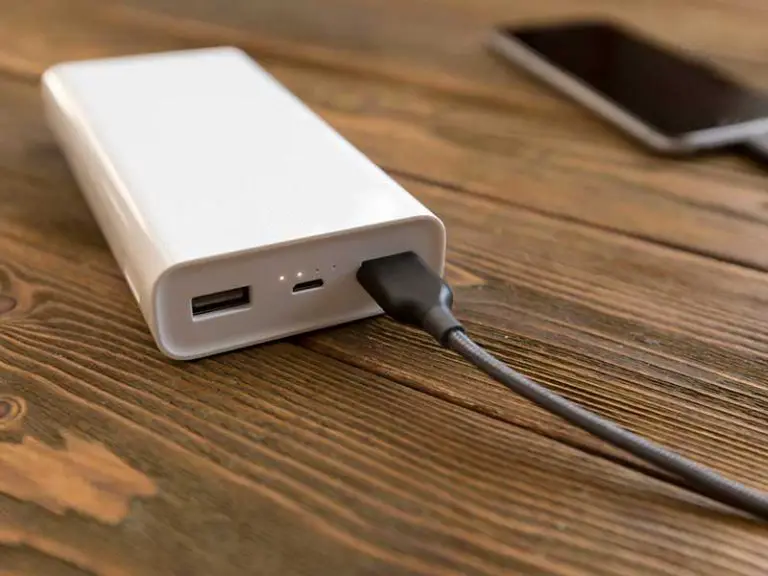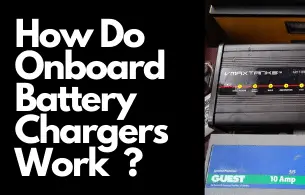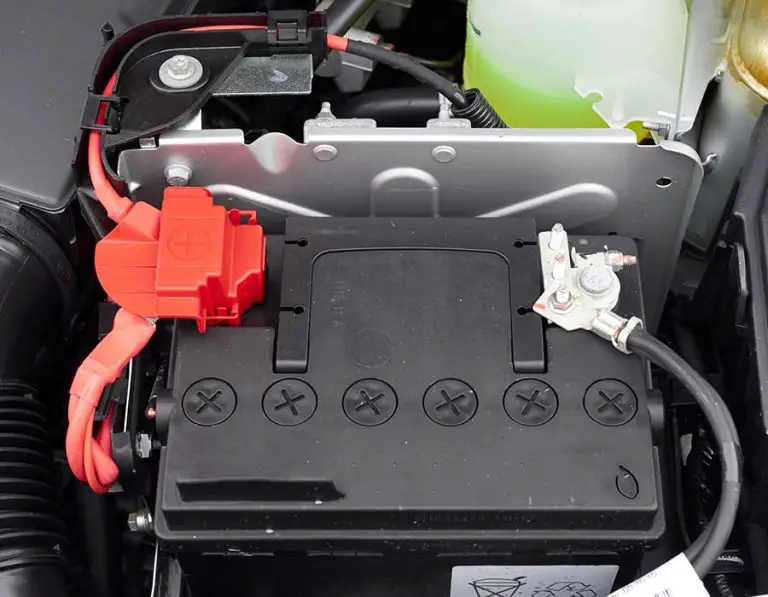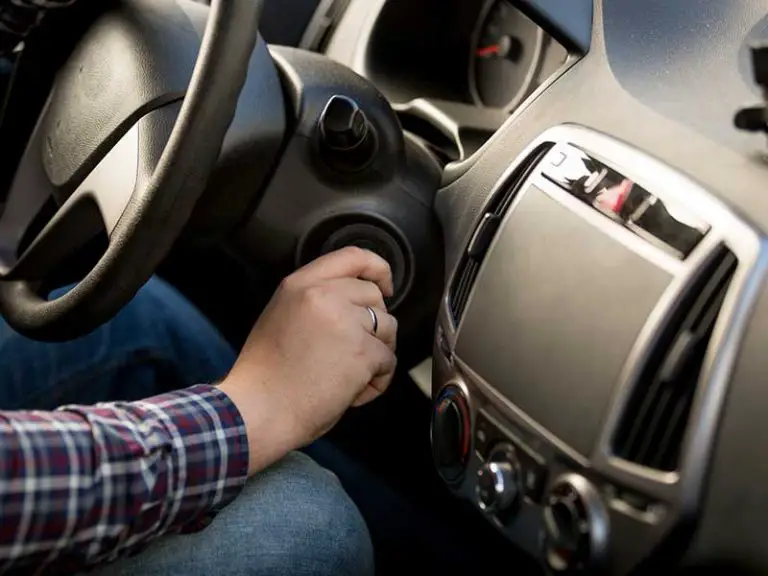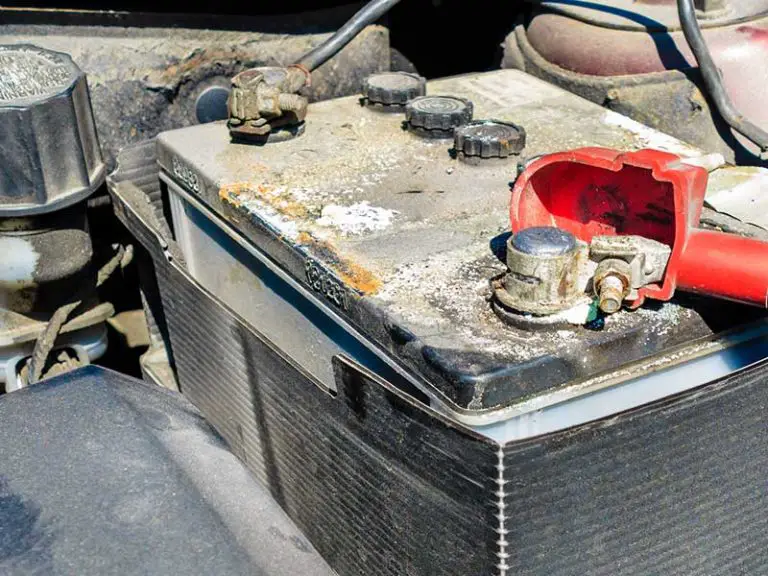Can a Bad Car Battery Cause Engine Misfire?
A lousy engine can misfire, but it will show many signs beforehand. If you also know the factors that can cause a bad engine to fail, you will be more prepared to prevent it.
A rattling sound from your engine compartment can only mean one thing – your vehicle is misfiring. Conventionally, the pistons should fire simultaneously. But when they work consecutively instead, it could result from many things, most of which are not favorable to your car.
This blog post will explore what it means for a car engine to misfire. We will also consider the signs that indicate your vehicle may misfire soon.
Can a bad car battery cause engine misfire?
A combustion problem occurs when one or both pistons fail to produce power. If you use a modern gas engine, you are more susceptible to an engine misfire. However, your vehicle will exhibit some signs when this is about to happen.
The root of the problem is usually the vehicle’s ignition system. When an unusual combustion process occurs, you will notice the following symptoms:
Disturbed acceleration
Acceleration should be smooth and seamless. When your engine is in perfect condition, you will not notice any breaks when you step on the gas pedal.
However, you may notice misfires when running on a low RPM or high gears. An apparent indicator that your combustion may be inadequate is a rough acceleration.
The engine misfires on idle
Even when the engine is on idle, it can misfire. When the air-fuel mixture becomes messed up, the engine sensors reflect inaccurate values.
The uneven idle sometimes causes the car to jump up and down. In other cases, the engine will go off when it is idle.
A misfiring engine on idle can only mean one thing – check out your bad battery at this point.
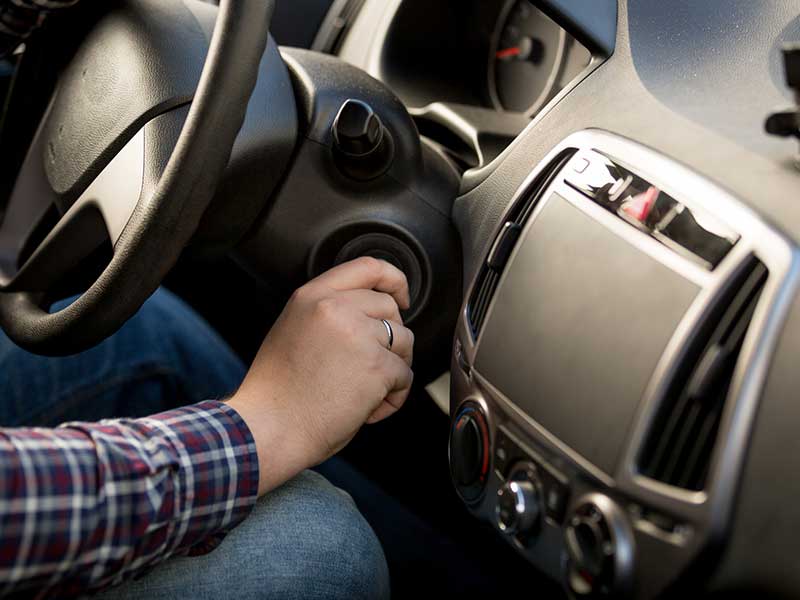
Heavy vibrations
Automobiles have been designed to exude minor vibrations. It is achievable through a balance of car components. A telltale sign that your engine will soon misfire is when you feel and hear vibrations from the engine bay. It indicates that the engine is unbalanced and is caused when the cylinders are not firing correctly.
The check engine light stays on
You can also tell that your vehicle has combustion problems when the check engine light comes on. It must have occurred several times before this indicator reported a problem.
One of the problems the engine control unit reports is an engine misfire. You will notice the code on the faulty cylinder, which you can use a diagnostic scanner to interpret.
A slow acceleration
A misfire causes your vehicle’s sensors to misinterpret commands. If the 02 sensors receive the wrong information, it can cause a lean or rich mixture.
It can cause a lower acceleration that may slow your car down to a limp speed.
A change in the engine sound
If you know your engine, you will discover when it exhibits misfiring symptoms through the sound. For instance, a vehicle with a 4-cylinder engine will sound like a model with three cylinders when it misfires because it does so on one cylinder alone.
All these factors cause the engine to misfire.
What are the causes of an engine misfire?
Some of the causes of an engine misfire include:
A bad ignition coil
A bad ignition coil is the most common reason engines misfire. If this happens for the first time with your vehicle, it could be because the ignition coil is faulty and needs to be changed. Cars with distributors are more likely to be victims of this problem.
A bad spark plug
Another fairly common cause of a misfiring engine is a faulty spark plug. This car component is responsible for firing up the cylinder. You should replace your spark plug if you cannot remember the last time you did so. It could be the reason your vehicle’s engine keeps misfiring.
Intake leaks
An intake leak near the cylinder head can cause the engine to misfire. It is common among older cars that lack steel gaskets to contain the intake.
A low fuel pressure
If the fuel pressure for your vehicle is low, it can cause an engine misfire. When your fuel pressure regulator goes bad, it causes low fuel pressure. A defective fuel pump or clogged fuel filter can also affect fuel pressure.
When does a car engine misfire?
When a car engine misfires, it means one or all of the following improper processes occur:
- The air-fuel mixture is too lean or too rich.
- The timing of the spark is wrong or improper.
- Air-fuel mixture leaks.
- Incorrect timing of the outlet or inlet of the air fuel.
How to prevent your engine from misfiring
You can prevent your engine from misfiring, and some of the methods you can adopt are:
Check the battery cables
Corrosion can cause all sorts of problems for your car battery, from preventing it from achieving a full and undisturbed charge to sulfation. You can also employ a cable tester for checking your battery’s insulation resistance.
If the results are dissatisfactory, it is a sign that you need professional help. Components like the alternator output, the voltage for the battery, and the charging system, respectively, will be examined.
Clean your battery terminals
Due to diverse chemical reactions in the battery and engine bay, terminals may develop corrosion. It interrupts the charge cycle and prevents an efficient charge by the alternator.
You can prevent it by cleaning the terminal connections now and then. Baking soda and water will seamlessly remove all the corrosion buildup. Since loose cables disrupt the electrical flow, you can also tighten the terminals.
Replace your old battery
Another simple solution is the replacement of your old battery. If you have used your current unit for more than three years, note aging signs.

